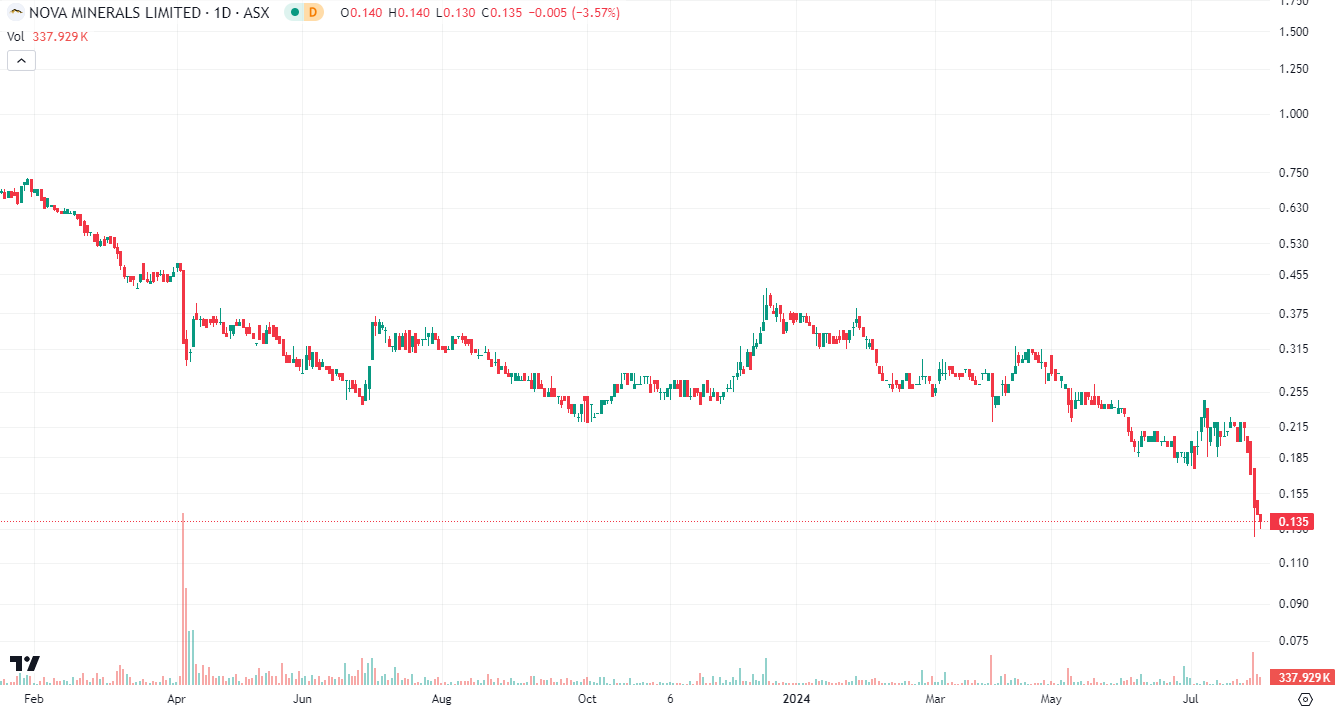Stock options: Here’s how investors can use them to their advantage
![]() Nick Sundich, August 2, 2024
Nick Sundich, August 2, 2024
Do you hold Stock options? If so, you could be in a ‘no-lose’ situation as an investor.
If your company rises, you may have the chance to lock in a healthy capital gain. But even if it doesn’t, you may not end up losing a single cent.
For the companies, while it is setting a bar quite high – stock options may work out for them too.
What are stock options?
Stock options give you the right to buy or sell shares of a company’s stock at a certain price. Generally, when you exercise an option you are buying (or selling) the underlying stock at the strike price, which is pre-determined by a contract. An option gives shareholders the right to purchase (or sell) shares of stocks in a predetermined time frame once that option is exercised.
There may or may not be an obligation to buy the stock – this depends on the specific option available, whether it is a call or put option. You should be able to find options (and performance rights) in a company’s capital structure.
When you hear the term ‘diluted shares on issue’ this allude to the hypothetical scenario in which all options are exercised. The term ‘basic shares on issue’ does not and takes the current number of shares on issue as a given.
Options may be issued as part of a capital raising or just generally offered to shareholders at management’s discretion.
An example
Gold developer Nova Minerals (ASX:NVA) last year offered options to shareholders, deciding to do so just because management wanted to reward shareholders for their loyalty.
In late April 2023, it outlined the offer. Shareholders were entitled to 1 option for every 30 shares held at the market close on April 28 2023. Each loyalty option was convertible into 1 ordinary share at A$0.70 and expired on April 30 2024.
If exercised, there would have been an additional option of 1 for every 2 ordinary option at $1 per share with additional options expiring on June 30 2025 and exercisable at $1 per share.
If you’ve had a look at Nova’s share price over the last 18 months, you’d imagine few investors would have exercised the options, and you’d be right.

Nova Minerals (ASX:NVA) share price chart, log scale (Source: TradingView)
Although the company wouldn’t be happy about the share price decline, issuing options are ‘no-lose’ situation in the sense that investors won’t exercise the options and those investors won’t lose more than they already invested into the company in the first place. If on the other hand shares rise beyond the exercise price, investors can realise healthy gains on the stock and the company can still get capital.
Company management can be paid in stock options
Another purpose stock options serve for companies is to provide additional remuneration for executives.
It allows them to benefit financially from the growth of the company they are helping to lead and does not cost the company in cash.
Stock options give directors a stake in the company and an incentive to work harder and make sure that all decisions made are beneficial for the future of the organization. This type of compensation also helps to keep directors aligned with shareholders, who have a financial interest in making sure that their investments appreciate.
Stock options give directors an opportunity to participate in further gains should the company’s stock price increase, as it allows them to purchase shares at a set price regardless of market prices. This can provide them with potentially large returns on their investments if used correctly and strategically. Additionally, this form of remuneration also allows directors to share in any losses incurred by their decisions without having to bear the cost entirely on their own due to the fact they do not pay for stock until it is exercised.
Are stock options good investments?
To put it simply, stock options can be good investments, although they are only as good an investment as the underlying company.
Options may ultimately be worthless, but may not cost investors anything if they don’t exercise the option. And if the share price goes up, shareholders can buy those shares at a lower price and potentially realise a capital gain or hold the shares and hope for further gains – potentially obtaining dividends.
Stock options can provide investors with an additional source of income, as well as helping to diversify portfolios and minimize risk. They also add an element of leverage since they allow for smaller investments than purchasing stocks directly would require. Investors who believe that stocks will increase in value often use stock options as part of their investment strategy.
Little downside but maximum upside
Stock options can be good for companies and investors, potentially costing both parties nothing in cash, but providing cash returns o both parties – for investors new shares that they can sell and for companies some fresh working capital.
But as we noted above, a stock option in a company is only as good an investment as the underlying company.
What are the Best ASX Stocks to invest in right now?
Check our buy/sell tips
Blog Categories
Get Our Top 5 ASX Stocks for FY25
Recent Posts
Directors duties: Here’s what ASX company directors owe their investors
Some investors may think the only Directors duties are to ‘create shareholder value’. Maybe in their eyes, but not the…
Gorilla Gold Mines (ASX:GG8): Its skyrocketed from a minnow to a $300m company
Gorilla Gold Mines (ASX:GG8) has had a run in 12 months that its shareholders could only have dreamed of. The…
Alvo Minerals finds itself a new Brazilian target
Every now and then in the mining game you meet people with a knack of finding more than one good…



